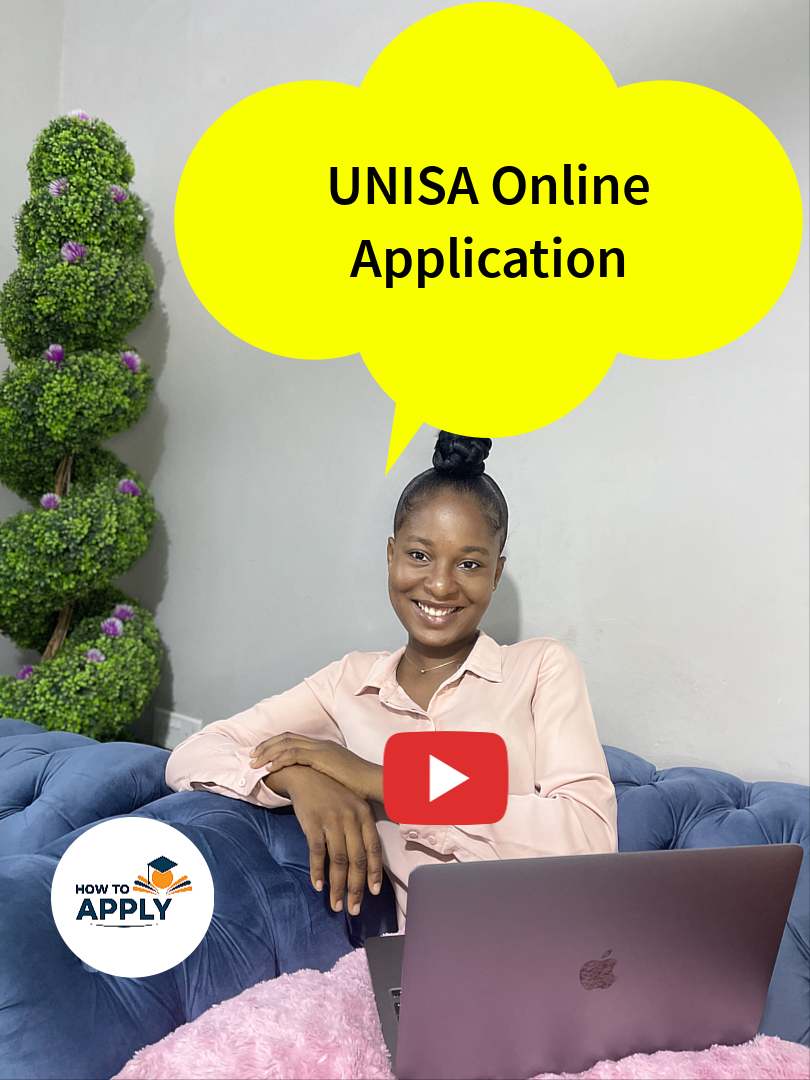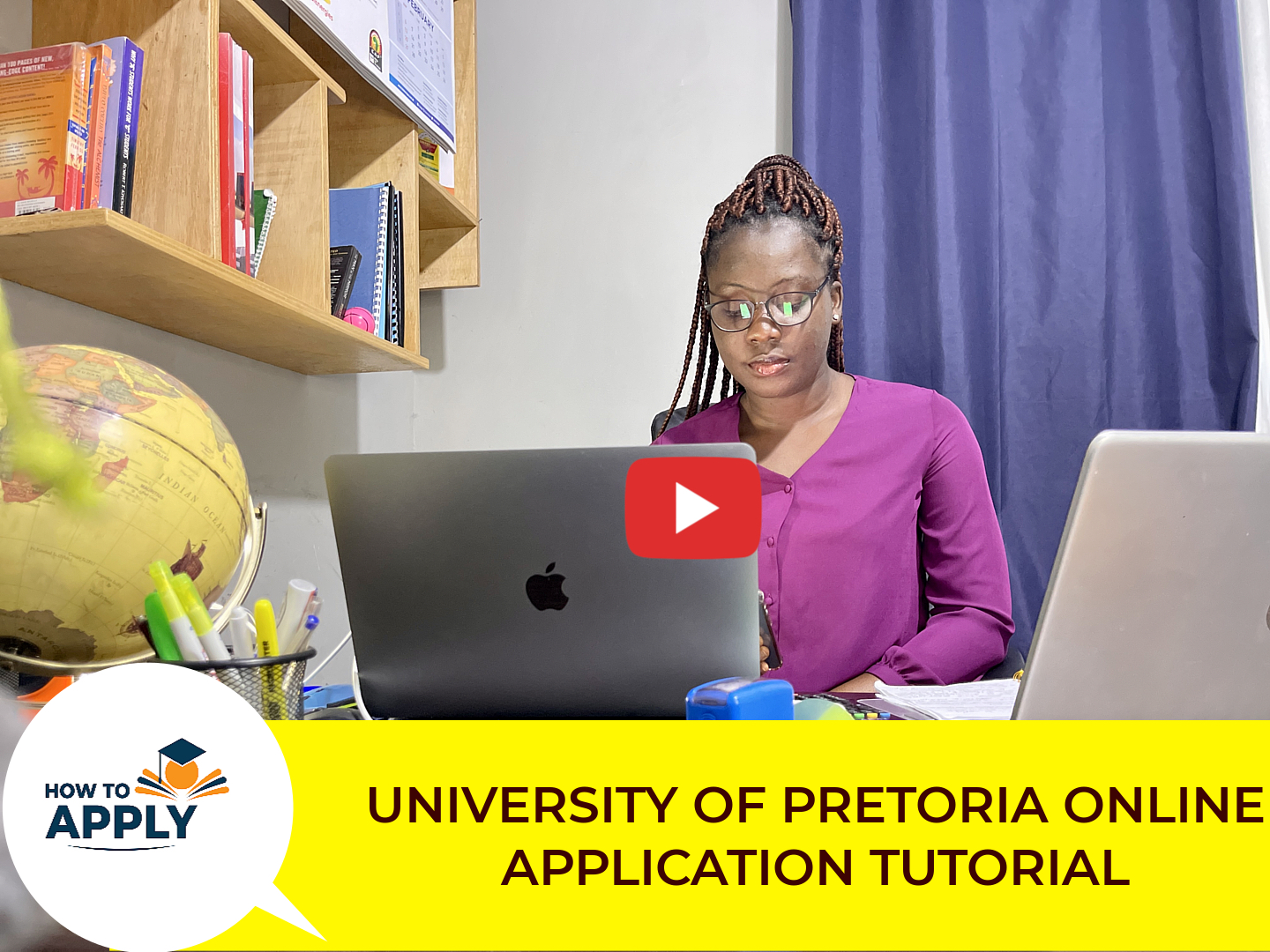Walter Sisulu University WSU Department of Corporate Communication and Marketing
WSU Department of Corporate Communication and Marketing – See Details Below:
Higher Certificate: Versatile Broadcasting
With the growth of the commercial/community broadcast sector and the required sustainability of such stations
suitably qualified broadcasters will be ideally placed for employment as Professional broadcaster/Communicator,
Creative producer, Voice-over Artist, and in Community Radio Management.
Who will employ a certificate holder?
Community, Commercial and Public broadcasting entities
Purpose of the Qualification
The purpose of this offering is to provide the qualifying learners with the information and skills necessary to practice
as a professional broadcaster and communicator in this wide field. The information and skills encompass language,
interpersonal and mass communication, technical knowledge and operation, technical and creative production,
voice-over and presentation, management and marketing.
Exit Level Outcomes of the Programme
The qualifying learner should have the ability to:
- Operate under supervision as a cadet radio broadcaster/announcer.
- Combine theoretical and practical knowledge.
- Practice functional communication and language skills.
- Exhibit sound interpersonal and life skills.
Critical Cross-Field Outcomes
- Problems are identified and solved in such a manner that decision-making reflects originality and a critical
evaluative approach.
1.Students work effectively with others as a member of a team, group, organisation and community.
2.Students are able to organise and manage time and activities responsibly and effectively.
3.Students are able to collect, organise, analyse and critically evaluate information.
4.Students can communicate effectively using visual and /or language skills in modes of oral and written
persuasion.
- Students can use technology effectively and critically, showing responsibility towards the environment and the
health of others.
Minimum Admission Requirements
National Senior Certificate (NSC)
National Senior Certificate Accumulated points score. Required NSC Subjects (Compulsory), the minimum statutory NSC
requirements for Certificate entry must be met. Level 4 in English Home Language or English First.
Advance Diploma: Journalism
instil entrepreneurial skills to support their academic qualifications. Many products of the Sub – Department have
successfully entered into entrepreneurial activities using the various media-related skills acquired during their
academic programme.
What can a diplomate do in this career?
Journalism is a vast field and it is growing day by day. During the early days, it was limited to the print sector
(newspapers and magazines) but now television, radio and the internet are important fields in journalism. Our
qualification prepares you for a satisfying and challenging career in these fields.
Who will employ a diplomate?
Community, Commercial and Public media entities
Purpose of the Qualification
Students who obtain the ND: Journalism will have been equipped with the theoretical and practical knowledge
needed to operate efficiently, independently and professionally in a media environment producing basic media
products as a journalist/ media worker.
Exit Level Outcomes of the Programme
On completion of this course students will be able to:
- Develop in-depth print media content from its inception through to the final product in a contextualised
environment.
- Develop in-depth broadcast news reports from inception through to the final product in a contextualised
environment.
- Develop specialised reports or features for print, broadcast or online distribution in a contextualised
environment.
- Edit content for print media genres.
- Use established ENG techniques to news gather information for the production of broadcast content.
Critical Cross-Field Outcomes
- Identifying and solving problems in which responses display that responsible decisions using critical and
creative thinking have been made.
- Working with others effectively as a member of a team, group, organisation and community.
- Organising and managing oneself and one’s activities responsibly and effectively.
- Collecting, organising, analysing and critically evaluating information.
- Communicating effectively using visual, mathematical and/ or language skills in the modes of written or oral
communication.
N Minimum Admission Requirementsational Senior Certificate (NSC)
National Senior Certificate Accumulated points score Required NSC Subjects (Compulsory). The minimum statutory NSC requirements for Certificate entry must be met. Level 4 in English Home Language or English First Additional Language as well as a rating level of 3 or better in 3 NSC 20 credit subjects. FET College : N3 Certificate with level 4 for English.
Admission Rules & Applications for Recognition of Credits
For Admission Rules see the section on Admission Requirements above. In addition the Department will consider
courses done at other Tertiary Institutions for exemption, in accordance with the Rules and Regulations of the
University subject to the following criteria.
If a student wishes to graduate from WSU but decides to enrol for one or more programme courses at another
university, then the student must lodge a written application (through the HOD) before registration at the other
Institution. Students must take note of the institutional rules which state that:
Not more than 50 % of the courses in the qualification will be exempted in this way.
All exit level courses must be done at WSU.
Only in exceptional circumstances will recognition of one (1) exit level subject from another university be considered
but such consideration is subject to a recommendation from the Department and approval thereof by Senate.
Any provisional approval by school/faculty is subject to final approval by Senate [also see WSU’s General Rules &
Regulations].
Where the applicant cannot meet the criteria as is stipulated in this section, the applicant will be advised that the
qualification cannot be awarded by WSU and that he/she should apply to graduate at the other Institution.
Applications from students wishing to enrol for individual courses, which will not lead to the award of a qualification
(i.e. enrol for non degree/diploma purposes) will only be considered after students wishing to study towards full
degree/diploma qualifications have been accommodated, as enrolment is subject to space being available.
Students coming from other higher education institutions are to be advised at admission, by the Head of
Department that admission to the programme remains provisional and that at registration they are required to
immediately apply for recognition of any credits which they wish to be considered. Approval of such applications
is subject to the Application for Recognition of Credits form being approved by Senate. Where a student wishes to
apply to graduate the fully completed Applications for Recognition of Credits, should form part of the graduation
application and must be received by the HoD before 15th January (for May graduation event) and before 30 April
(for September graduation event). Failure to comply with these requirements will result in the non processing of
applications and/or automatic de-registration of students.
Quick Links:
1.University of Johannesburg Application Forms
2.Apply at University of Johannesburg
3.University of Johannesburg Undergraduate Application Forms
4.University of Johannesburg Postgraduate Application Forms
5.University of Johannesburg International Student Application Forms
6.University of Johannesburg Online Application
7.University of Johannesburg Postgraduate Online Application
8.University of Johannesburg Undergraduate Online Application
9.University of Johannesburg Residence Application
10.University of Johannesburg Application Status
11.University of Johannesburg Online Application Status
12.University of Johannesburg Application for Accommodation
13.University of Johannesburg Application Closing Date
14.University of Johannesburg Late Application
COURSES
15,University of Johannesburg Courses Offered
FEES STRUCTURE, BURSARIES AND SCHOLARSHIPS
16.University of Johannesburg Application Fees
17.University of Johannesburg Distance Learning Fees
18.University of Johannesburg Registration Fees
19.University of Johannesburg Fees Structure.
20.University of Johannesburg Banking Details
21.University of Johannesburg Funding and Sponsorships
22.University of Johannesburg Funding and Bursaries
23.University of Johannesburg Bursaries
24.University of Johannesburg Accommodation Fees
25.University of Johannesburg Examination Fees.
PROSPECTUS
26.WSU Department of Corporate Communication and Marketing
University of Johannesburg Prospectus
27.University of Johannesburg Undergraduate Prospectus
28.University of Johannesburg Postgraduate Prospectus
CONTACTS, LOCATION, AND CAMPUSES
30.University of Johannesburg Accommodation Office Contact

